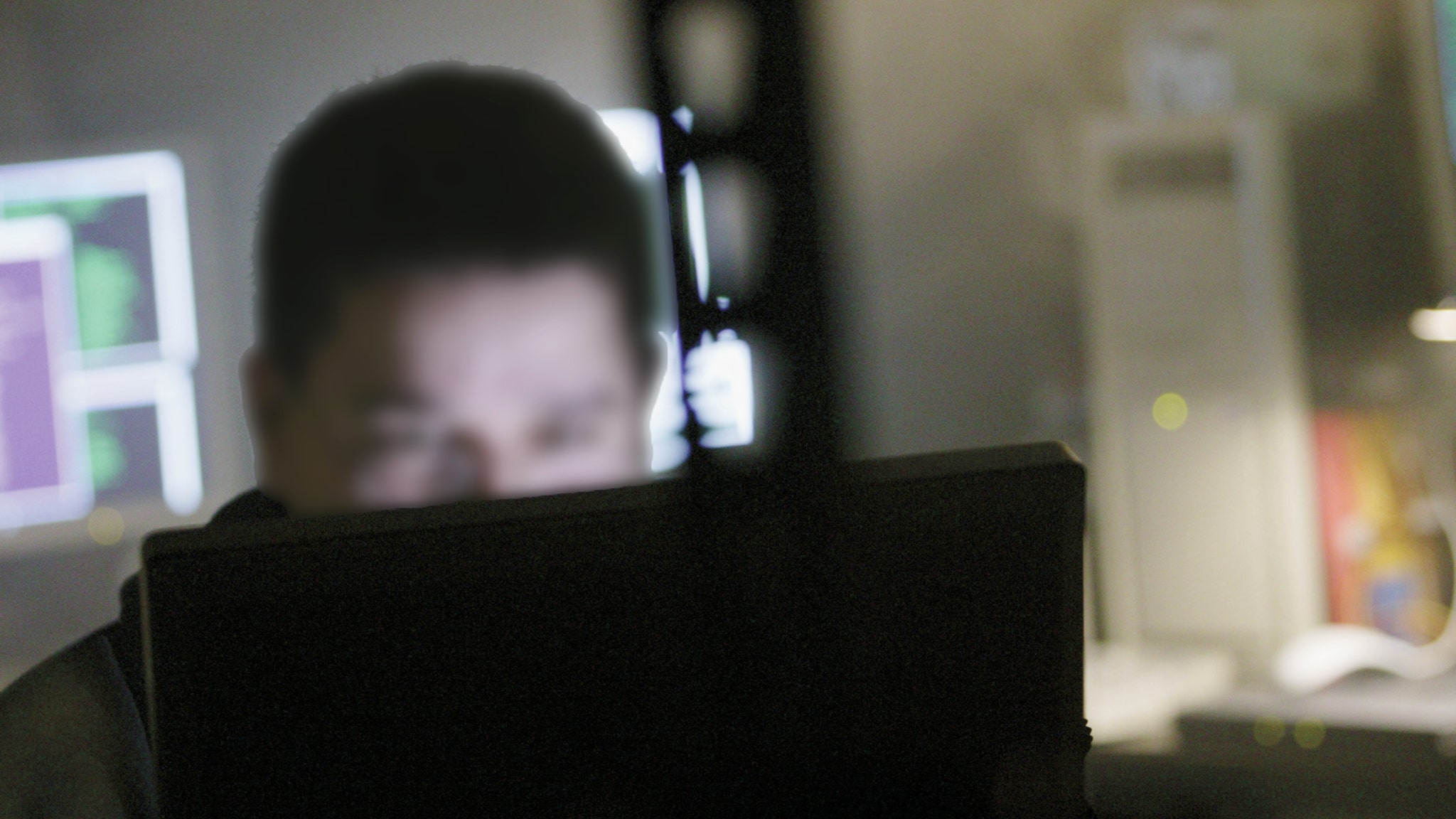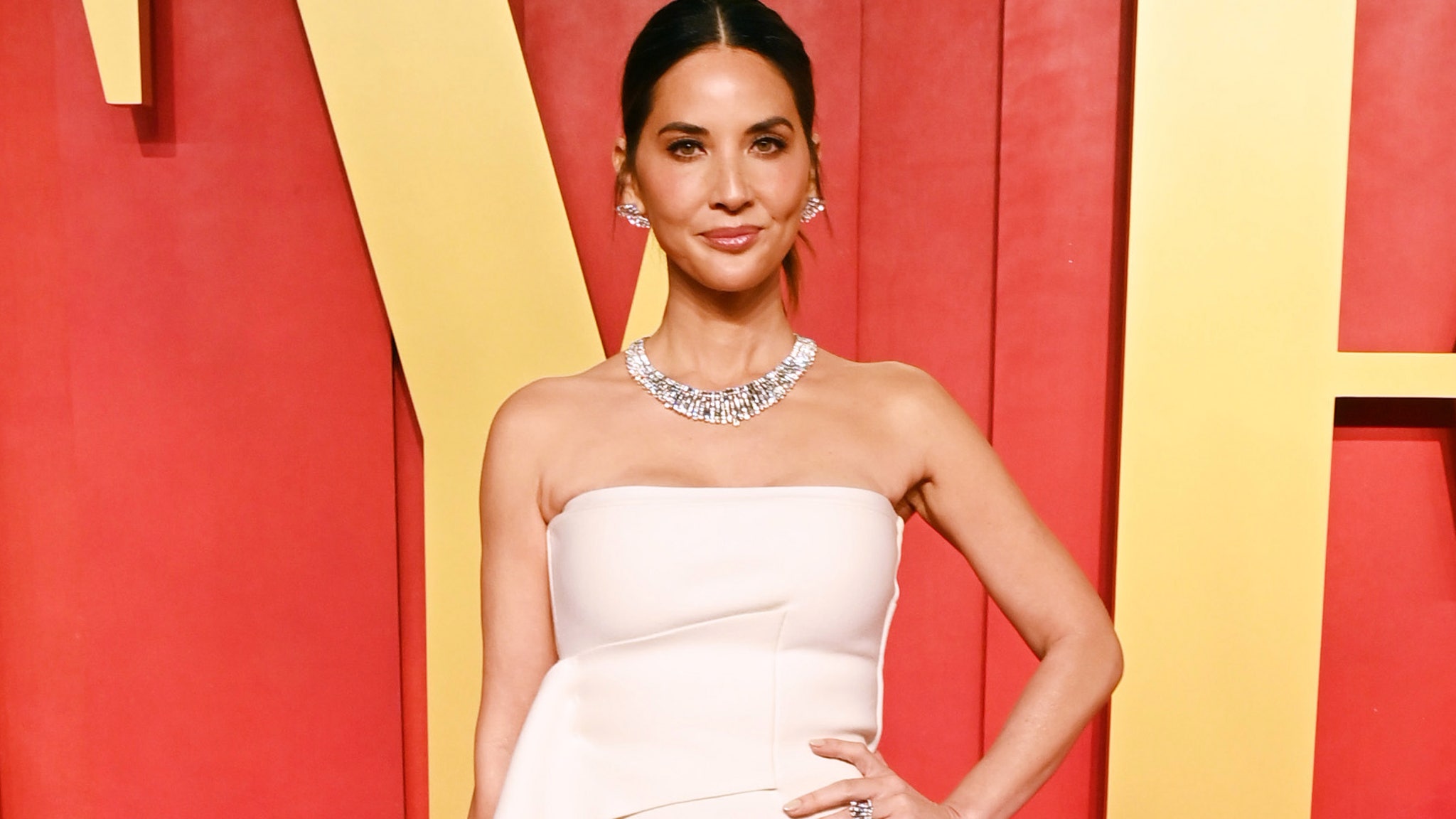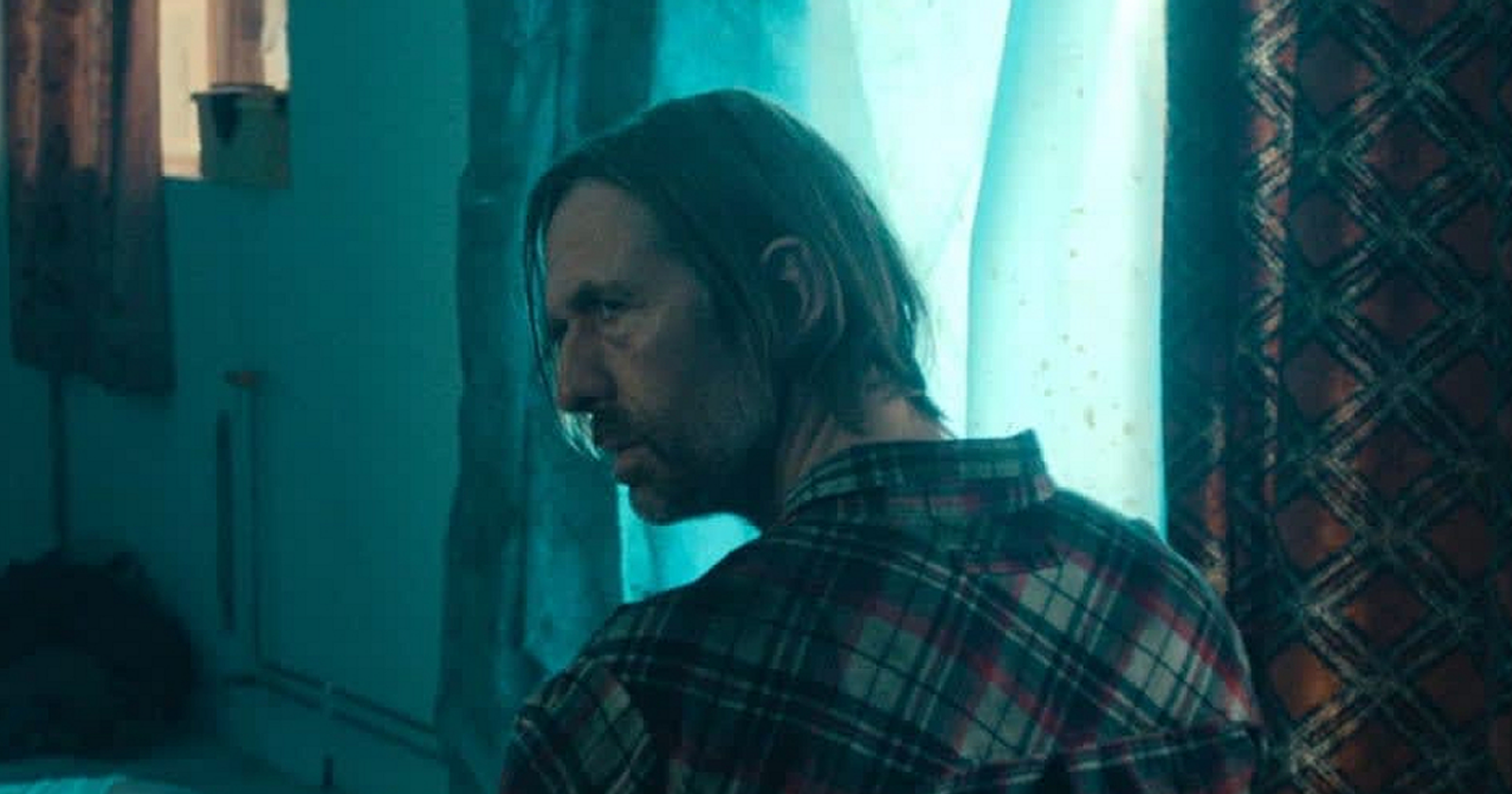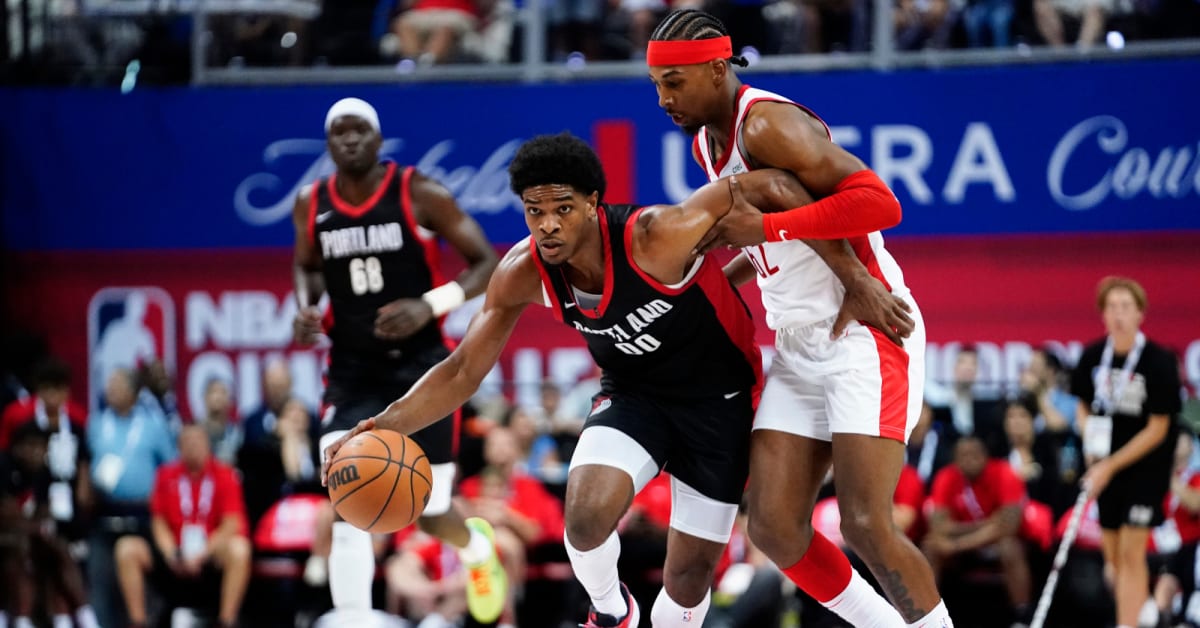
Leo Baker, ‘Stay on Board’ Doc EP Alex Schmider on Telling a Story That’s About More Than Gender and Skateboarding
The pitch for high-profile skateboarder Leo Baker’s Netflix doc Stay on Board was seemingly simple: he’s trans and he’s going to the Olympics.
Yet, amid increasing interest in exploring the trans experience onscreen, the doc shatters its somewhat oversimplified hook. First, because Baker never actually goes to the Olympics — a decision viewers are taken behind the scenes of in the film. Second, because the documentary is as much a story about how skateboarding and competing for more than a decade — eventually at the top of his sport — shaped every element of who Baker could be, publicly and privately.
Related Stories
For as deeply personal as Stay on Board: The Leo Baker Story is, the film — directed by Giovanni Reda and Nicola Marsh — is also a sweeping look at the uniquely complicated place a professional athlete like Baker can find themselves in. When the thing you love also keeps you financially secure and is how everyone else defines you, how do you separate yourself from the competition?
As public discussions around the tolls pro and Olympic-level competition can take on athletes’ mental health, right to privacy and more grow, Stay on Board provides a different angle into the conversation through the lens of the trans athlete. Through that, a different — and necessary — kind of doc emerges.
The Hollywood Reporter spoke to Baker and Stay on Board executive producer Alex Schmider about how the doc was reworked after being screened by trans viewers, the ways Baker’s upbringing, the demands of the sport and fame created a storm of pressure around him and his transition, and why he thinks his professional journey in skateboarding mirrors his personal one.
This doc really digs in deep on many facets of who you are as a person, not just an athlete — from your childhood to your finances and relationship. You especially speak pretty openly about how growing up with a single mom and low income impacted your career. Why did you want those parts of your story included?
BAKER I think it’s just having that background. I feel like people can relate to those things no matter what your sexuality is or gender identity. People come from all different backgrounds and I just happen to come from a poor, lower class background. I think that really was important for the story because competitions at one time were kind of like a non-negotiable for me. And obviously, it served my career and where I was headed at that time,. But then also, my family needed the money. There’s just a lot of reasons why that specific topic sort of permeated the different areas of my life, and I think that makes for a more rich story. It’s also like, we’re all just human beings at the end of the day, and I think that’s a big part of it as well.
To build on that, what were the discussions like — if there were any — with the directors about how persona, sensitive or vulnerable you were willing to go and be in this doc? How did you see the limits?
BAKER In the beginning, [Giovanni] Reda hit me up and was like, “Yeah, we should do a doc like we’re filming a sizzle in Tompkins Square Park about I’m queer and going to the Olympics.” The plot twisted on its own during the process of it while we were in it. I’m always super open to sharing. I’m pretty candid and sometimes can be an oversharer, so I feel like that makes for some good content as far as documentary stuff goes. But they were always like, “If there’s something you don’t feel comfortable doing, you can say no.” I did have the option to say no to stuff but I never really felt the need to because it all just felt important to the story. So we were moving through it and then shifted gears when I’m like, “I’m actually going to quit the Olympics. I can’t do this shit, so we’re going to have to figure something else out.” Then it was like, “OK, now what are we going to do?” So it was like, I’m a trans nonbinary person and I’m on my way to the Olympics. That was the pitch to Netflix and that is like, not the story. But we didn’t know that at that time.

ALEX SCHMIDER Reda and Nicola [Marsh] started the documentary with Leo and then — and they share this very openly — they shared a cut with some trans people and got some quite honest and negative feedback about the lens through which they were seeing Leo’s story as cisgender filmmakers. And to their credit, instead of putting Leo in a position of watching a story that was not fully baked, they brought me on as an executive producer and we brought Sasha Perry on as a nonbinary editor. And so between all four of us, it was really forming a story that was true to Leo, that would also have an awareness of how it was going to be presented to audiences across the globe, in their understanding of Leo’s story and of who he is — not just as an athlete, not just as a skateboarder, not just as a trans person, but as a person who lives in the world and what that history and experience has looked like. So, again, I give a lot of credit to Nicola and Reda for, at a very particular crossroads in the journey, really leaning into learning and being open to changing course when course needed to be changed in the same way that was sort of mirroring what Leo’s own journey was.
Increasingly, storytelling around trans identities and people has moved away from its historical focus on who people were pre-transition, but a chunk of this doc lives in that space and it feels, at times, intentional. Can you talk about that decision and why you were OK with telling your story this way?
BAKER I mean, that was a big conversation we were having — just like addressing the deadname stuff because we started this before, way before. We started it at a time when I used the name Lee as a nickname with friends who kind of knew what was happening, but there was no way I could escape my dead name at that time. And so people were just giving candid interviews and in the time period that it was happening, I think there was a lot of back and forth discussion. Internally I’m just like, I understand if there’s times where this needs to happen because it is part of the story and I think it really serves that [story]. For me personally, I was OK with it because I’ve been living as that person my whole life, public-facing, and I think it really adds to — for people who can relate to my story — the levels of cringe you feel when you’re hearing that, like how actually painful [it is]. I feel like it really speaks to that, so I was OK with just having that because it’s just a shit truth about the whole thing. I was living as that person when I didn’t fucking want to. But Alex, I’m sure you can speak to also the internal conversations around editing and dead name stuff and all that because I know that you guys were really just trying to figure it out.
SCHMIDER I mean, look, Leo has been a public person for quite some time and so in order to establish who he is in the world — because we also had to know that the film was going to go into an international market that some people would be more aware of who Leo is and his past and some people wouldn’t — there was a need to establish the kind of notoriety and fame that he had achieved in his past self, which is also part of a current [self]. I think what was really important, as I came on, was one of the first interviews you see with Leo is in his most current self. So we’re starting off not actually in the chronological or linear order of things. One of the first interviews is of him reflecting back on how he sees images of himself in the past, and how he relates to those. So from the get-go, you see him in his current self and it’s a reflection of this journey that he’s about to go on.
That’s really important because traditionally, as also the director of transgender representation at GLAAD, we see a lot of pre-transition and establishing someone as their former self versus their most current and authentic self. So it was important for us also to have Leo’s perspective and voice in the way that he sees and experiences those images of himself and throughout the film. We are following his lead about how he says he’s more comfortable with certain images and not and then being very strategic about the kinds of ways that we’re alluding to the past. I think Nicola and Reda did a really excellent job along with our editor, Sasha, of establishing that the audience is empathizing and relating to Leo’s experience of that discomfort, of that misgendering, of that interior knowing of yourself while the exterior and external is just not seeing that person. Hopefully, that’s the reaction and experience of audiences so that they are wanting Leo so badly to be himself because they’re experiencing that discomfort along with him and not outside of him.
This doc doesn’t just show how fame impacts your ability to transition, but really gets to the heart of how skateboarding — the industry and competition dynamics as a job — impact your everyday life, including the ability to transition. That’s such a humanizing and universal element of your experience — the ways our work prevents us from caring for ourselves and our health. But do you feel like one — fame or work — had a bigger impact?
BAKER It was all of it because I’m processing this thing and I’m current in skating and all this stuff. Historically, anytime I’ve spoken out about literally anything, I become — I once became a spokesperson for a minute on the pay discrepancy because I was just like complaining in an interview one time. I was just like, “The pay discrepancy is insane and it feel super codescending.” Then people were like, “Oh, let’s hear more about that!” So the moment I like whisper anything about being trans, I just felt this fear that everyone was just gonna be really in my face about it. I just want to go through this experience without having to explain every step of the way what I’m doing because I’m still processing everything. I say it in an interview from five years ago, where I’m like, “I’m 27 and this is the very beginning of it.” And it was that way.

There was stress about that; the stress about being questioned; the stress about if I go to the skate park and I’ve just come out about being trans, like — just having to have conversations with people about that when I don’t want to. That was a big thing. Then yeah, the fact that I was skating in competitions and that was pretty much like the main source of income and then later on in contracts that I get bonuses if I do well in contests. It’s just so baked into my life that I’m like, I can’t even go get top surgery because it takes “x” amount of time to heal and there’s too many competitions going on and I just needed to be skating. I can’t be recovering from surgery. That’s why it just took forever and ever and ever and then it got to where I’m like, “I just can’t take this anymore. I don’t know how much longer I’m gonna have to wait.” I became aware of top surgery at 23 and I got it at like 28 or 29. Just years of waiting. And I’m like, OK, I’m done waiting.
That was one of the most universal and powerful messages of your doc: Choose yourself. Don’t wait.
BAKER Take it from somebody who has been compromising myself for my whole life pretty much up until right now. I feel like I’m at the point right now, I’m 30, and I’m just now feeling centered in a way where it’s like I’m far along enough on medically transitioning to where I don’t get called ma’am on the phone anymore and shit. I’m passing in the locker room at the gym. Stuff like that where I’m like, there was just always so much fear around it my whole life. Going into women’s bathrooms but looking masculine and getting berated by Boomer ladies. I’m just like, dude, everything is shitty. But I’m now at a point where I’m really centered and it’s just mostly an absence of discomfort. It’s not like I’ve gained anything. I’ve just purged the bullshit. So I waited too long to do it I feel because I’ve known for a long time.
SCHMIDER In fairness, though, I think because of your public persona and having to come out in such a public way within the documentary you say you don’t want to have a conversation, but you sort of have to because the moment that anything is changing or you are making any kind of statement, there’s so much attention. I think what was really important in the documentary was also Leo being able to say this is my inpidual personal journey. This is how I had to navigate for myself and I’m not saying this is everyone else’s. It’s mine. I think that’s really important because with any kind of underrepresented or misrepresented community, often there’s a burden of being the representation — of being the one who is laying the groundwork for how everyone else has to exist. I think what I’m really proud about in the documentary and the way that Leo describes his experience is that it is singular and unique to him.
And hopefully, it can provide a more expansive possibility roadmap for how other people are able to experience and be their truest selves. Although, Leo, to be in your very public, professional and personal existence, it adds another layer. So many of us I think don’t appreciate or have the same kind of gratitude for being able to be in private and keep things for ourselves. There is for trans people we have been treated by media is that we owe our stories to everyone and anyone who asks and I think actually there is a sacred and powerful acceptance of knowing that actually, you don’t owe anyone, anything that you don’t want to share for yourself and that’s also what I’m really proud of in the documentary. It feels like, yes, it is a very deep, emotional, vulnerable view of Leo’s story, but it’s my deepest hope that it also doesn’t feel like it’s you just being out in the open and totally raw for not intentional purposes.
BAKER I definitely feel like the doc serves a really important purpose and that’s why I put so much of myself out there to begin with. And to speak on just the media being like “OK, now talk to us about being trans” — I just happen to be trans. There’s literally so many more interesting things about me. It’s like so important to me for that to be known. I’ve noticed a lot in my communities around Brooklyn, like queer skate communities, it’s like, “We’re queer and we skate, and so we talk about being queer and skating as queer people.” I totally respect that but I’m so tired of talking about being queer. I don’t want to talk about it anymore. I was actually joking with my friend the other day that I’m gonna change my name again and be like, “I don’t know who Leo Baker is.” (Laughs.) Because I’ll be eating a slice of pizza on the sidewalk and people will be like, “Oh, sick documentary!” And, of course, I’m super grateful for the love and appreciation, but at the same time, I just want to be so fucking anonymous.
SCHMIDER There’s a parallel here. It’s like the meme of Tony Hawk of being people being like, “Hey, you really look like Tony.” (Laughs.)

After seeing this documentary, including your transition and stepping back from the Olympics, did you feel like you saw consciously or even subconsciously that your journey as a skateboarder impacted your overall journey as a person?
Yeah. It’s deeply ingrained in who I am. I skated because it was like really accessible. I could go outside and skate in my front yard. While my mom is like working retail and going to school and being a nerd. There was no time for anything and I’m like, “This is how I’m going to entertain myself.” Just making something out of nothing in lots of different ways regarding skating, and how that neurological pathway building goes into other parts of my life where I’m just thinking from the perspective of, “OK, what can I do with what I have.” That comes a lot from skating and just the patience. The way that I skate I tried to not fall super hard. So I like to do more technical stuff that’s lower to the ground, and it takes a lot more like brain power versus just brute force, I guess. So just having the patience to figure something out, to try it 100 times — to work at it for 14 years to finally perfect something like that. And just trust, learning to trust the process of things. It’s really all foundational. It’s aligned with my values as a person of this is how I move through the world. I know what I’m capable of sharing and giving and also taking care of myself. I know what I’m not. Just being a crafty little fucking street skate rat that grew up with no money, you know what I mean? We’re gonna figure it out no matter what — that vibe.
Interview edited for length and clarity.
Stay on Board: The Leo Baker Story is now streaming on Netflix.




























![Finally! General Hospital’s Brook Lynn and Chase Can Have Their Wedding Now That [Spoiler] Is Returning Finally! General Hospital’s Brook Lynn and Chase Can Have Their Wedding Now That [Spoiler] Is Returning](https://i0.wp.com/soaps.sheknows.com/wp-content/uploads/2022/11/163481_1083_v1.jpg?fit=300%2C300&ssl=1)








































